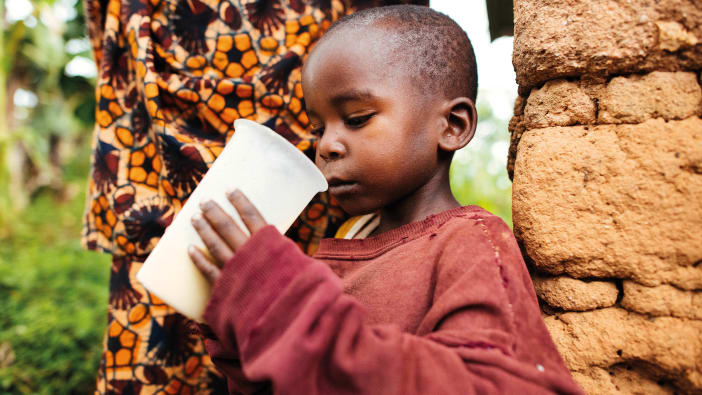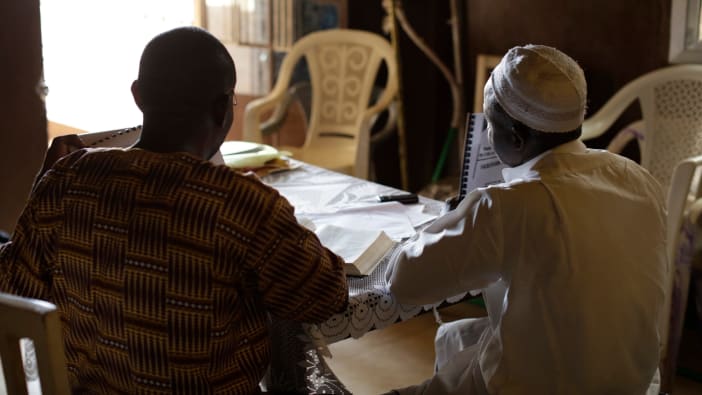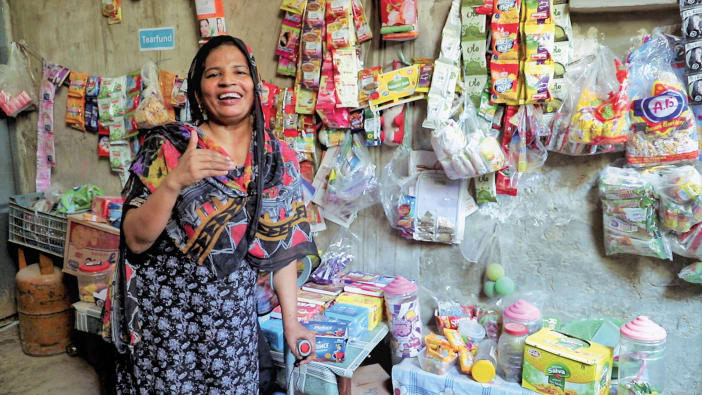When the whole of India was locked down because of the Covid-19 pandemic, Dipu* was no longer able to sell vegetables and his wife could not work as a day labourer. With very little money, and relatives unable to visit, they struggled to support their two children, both of whom are living with disabilities and need a high level of care.
Fortunately, Dipu and his family are now receiving the support they need, but their story is not unique. For many people with disabilities and their families, disease outbreaks not only pose the risk of serious illness but can also cause emotional stress and additional physical hardship.
People with disabilities may be particularly vulnerable if they:
- are malnourished or already have other health conditions
- have limited access to medical and other support services due to lack of transport or financial restraints
- find it difficult to access safe water and sanitation facilities or are physically unable to wash and care for themselves
- need to touch potentially contaminated surfaces for physical support or to obtain information from the environment
- find it difficult to access public health information, perhaps because of hearing or sight impairments, or a lack of technology
- are seen as a burden by family members who may feel it is better to spend their limited time and money supporting other members of the family.
Providing support
Here are some ways to provide support for people living with disability.
Ask what is needed
It is wrong to assume that people with disabilities do not know what they need, or cannot explain what these needs are. Take the time to get to know them and their families and agree with them what support they would like you to give, if any. Continue to have these conversations to ensure that they always have a say in the type and level of assistance they receive.
News and information
Make sure people are receiving information about disease prevention and spread in ways that they can access and understand. Help them to identify which sources of information are trustworthy, eg government advice or information from a local health service. This will mean they can avoid the stress of reading or listening to news that is false, confusing or misleading.
Practical support
It may be more difficult for people to access sufficient water, food or medicines during outbreaks of disease, especially if everyone is being told to stay at home. Offer to deliver food and any medicines they need. If their water point is some distance away from their home, provide them with enough water each day so they can maintain good hygiene and have plenty of safe water to drink.
Emotional and spiritual support
Isolation, loneliness and worry about the risk of infection may make existing mental health conditions worse, or cause new ones. Change of routine can be especially difficult for people with learning or emotional impairments. Visit regularly if possible. Alternatively, find other ways to offer support such as prayer and scripture-reading over the phone.
Seek help if needed
If you are concerned about someone’s health or well-being, contact your local health facility and ask for their advice.
*name changed










